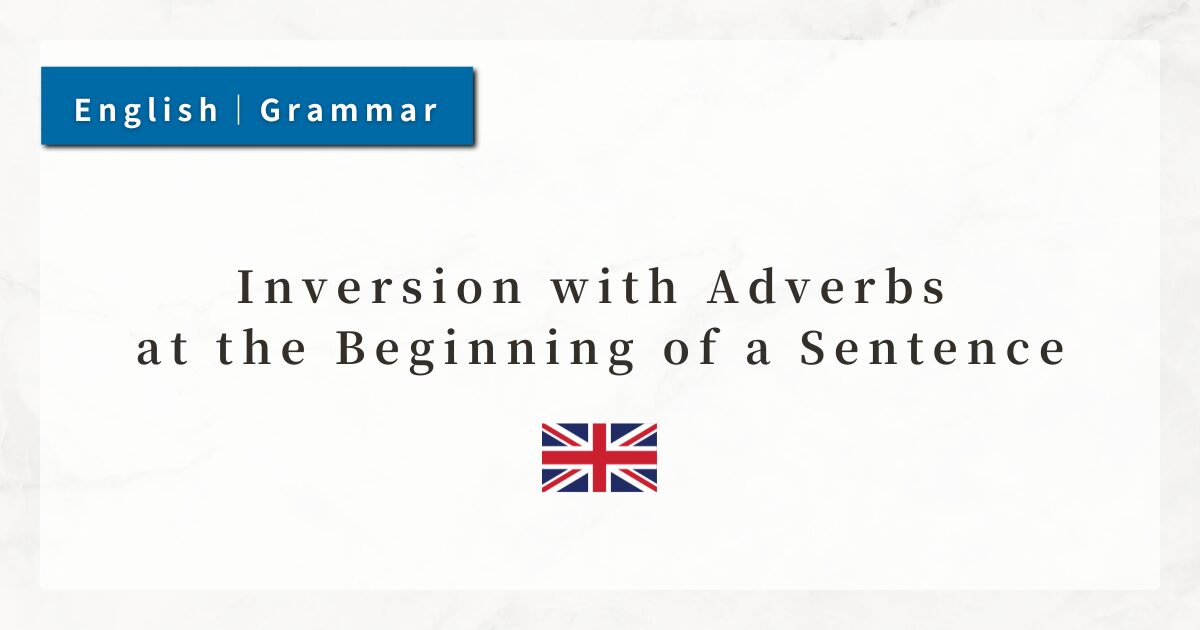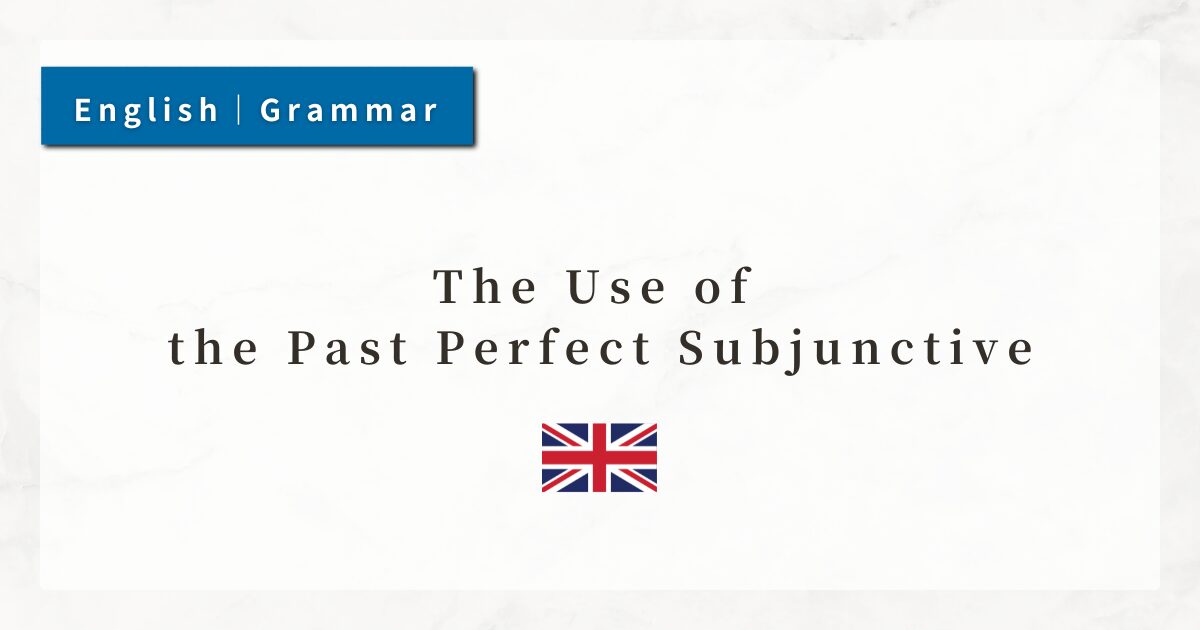#43 The Basic Rules of Wish Constructions|How to Express Hypotheticals, Regrets, and Desires

In English, wish is used when I imagine situations that are different from reality and express desire for them. It conveys ideas such as “I wish I were taller” or “I wish I had studied harder.”
In this lesson, I will summarize the basic constructions with wish and explain how they are used in the contexts of the present, the past, and the future.
1. The Basics of Wish Constructions
Wish is used when I want to express something contrary to reality or something that is not actually the case. For this reason, wish is followed by a subjunctive construction.
The three main patterns are as follows:
| Usage | Meaning | Example |
|---|---|---|
| Wishing something were different in the present | “I wish …” (contrary to the present reality) | I wish I were taller. |
| Wishing the past had been different | “I wish …” (expressing regret) | I wish I had studied harder. |
| Wishing for a change in the future | “I wish …” (expressing desire for change) | I wish it would stop raining. |
In these constructions, the verb tense is shifted one step back to emphasize that the situation is not real:
- Present wishes → use the past tense.
- Past regrets → use the past perfect.
- Future wishes → use would.
2. Expressing Present Wishes: I wish + past tense
This construction is used when I want the current situation to be different.
Although the verb is in the past tense, the meaning refers to the present. This usage is called the subjunctive past.
- I wish I were taller.
→ In reality, I am not tall. - She wishes she could speak French.
→ In reality, she cannot speak French.
Note that even in the first person, were is used instead of was, which is a feature of the subjunctive mood.
3. Expressing Regret about the Past: I wish + past perfect
This structure is used when I look back at the past and wish something had been different, often expressing regret or disappointment.
The form used is the subjunctive past perfect (had + past participle).
- I wish I had studied harder.
→ In reality, I did not study. - He wishes he had gone to the party.
→ In reality, he did not go.
4. Expressing Future Wishes: I wish + would
When I want a change to happen in the future, or when I express dissatisfaction or hope regarding someone else’s actions, I use would.
This structure conveys a nuance such as “I hope … will happen” or “I wish … would do something.”
- I wish it would stop raining.
→ It is raining now, and I want the situation to change. - She wishes he would call her more often.
→ In reality, he does not call very often, so she wishes he would.
By using would, I express expectation or desire for change, especially when hoping that another person or situation will act differently.
5. Summary
- Wish expresses something that is contrary to reality.
- The construction always takes a subjunctive form, shifting the verb tense to signal “not real.”
- Present wishes: I wish + past tense (I wish I were …)
- Past regrets: I wish + past perfect (I wish I had …)
- Future wishes: I wish + would (I wish it would …)






